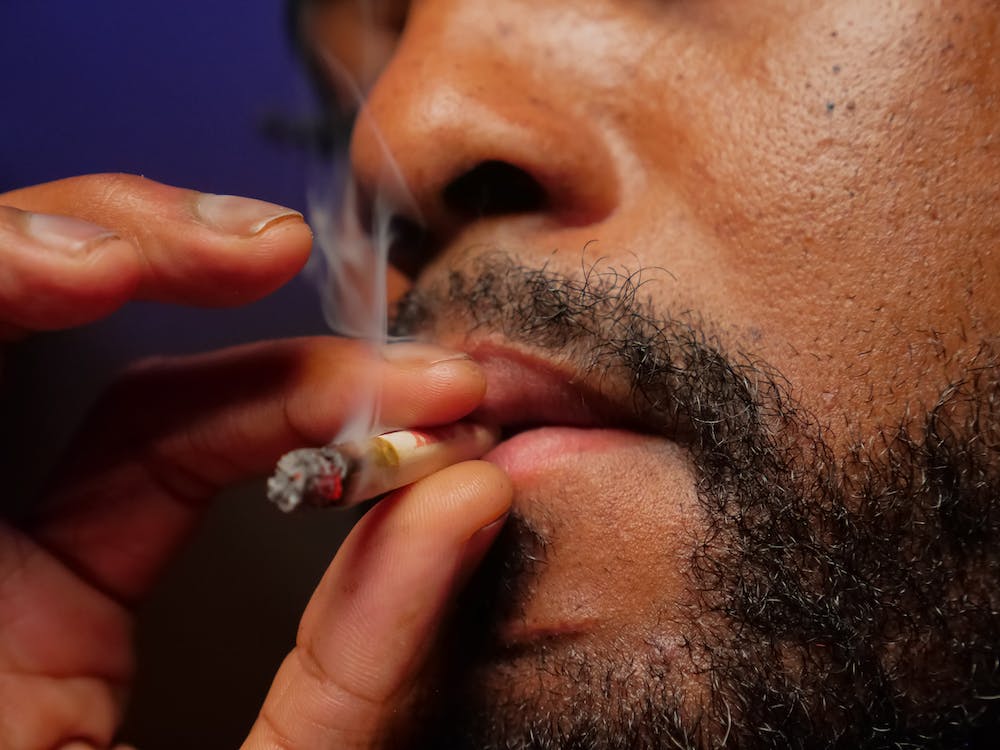Cocaine addiction, like all forms of substance abuse, can profoundly impact relationships and family dynamics. Two lesser-known aspects of this are the role of enabling behaviors and the transformative power of healing within the family unit. While these aspects may seem contrasting, they both play a crucial role in the journey of recovery, and each journey, just like each person, is different.
Enabling behaviors are often overlooked as they stem from a place of love and concern. However, these actions, like covering up for your loved one’s addiction, making excuses, or providing financial assistance for drug purchases, inadvertently allow the addiction to continue. You may believe you’re helping, but these behaviors can, unfortunately, contribute to the perpetuation of the addiction cycle. In the South African context, cultural and familial bonds often run deep, and the instinct to protect our loved ones can sometimes unintentionally lead to enabling behaviors.
In contrast, the transformative power of healing within the family unit presents a hopeful perspective. In the face of addiction, families have the potential to come together, learn, grow, and foster an environment conducive to recovery. This aspect often goes unnoticed but is integral to the recovery process. For instance, family therapy can play a crucial role in recovery, where family members participate in therapy sessions, learn about addiction, and develop healthier dynamics. This collective healing can be a potent catalyst for change, particularly within the close-knit family structures often found in South African communities.
While these two aspects seem different – one contributing to addiction and the other aiding recovery – they underscore the complex dynamics of addiction in the context of relationships and families. Acknowledging these aspects can equip you, whether you’re a counsellor, patient, or loved one, with a deeper understanding and broader perspective of the multifaceted nature of addiction and recovery.
Frequently Asked Questions:
- How can I distinguish between helping and enabling?
- What steps can families take to stop enabling behaviors?
- How does family therapy contribute to the recovery process?
- Can the family healing process benefit individuals who don’t have biological family support?
- How do cultural and societal norms in South Africa influence the family’s role in addiction recovery?
Addressing the impact of cocaine addiction on relationships and families can be a sensitive and controversial topic for several reasons. Let’s delve into some of the main areas of contention:
Controversial Aspects
| Aspect | Reason for Controversy |
|---|---|
| Enabling vs Caring | The line between caring for a loved one with addiction and enabling their substance use is often blurry. What seems like an act of compassion may inadvertently contribute to the continuation of addiction. |
| Blame and Responsibility | Assigning blame or responsibility for addiction can cause tension within families. Understanding addiction as a symptom of distress rather than an individual’s moral failing may challenge some societal norms and beliefs. |
| Boundaries | Establishing boundaries with a loved one struggling with addiction can be controversial. It often requires making tough decisions that can be emotionally challenging and might be misunderstood by others. |
| Involvement of Family in Therapy | Family therapy can stir up hidden dynamics and unresolved issues, leading to resistance or reluctance. Not everyone agrees on the family’s role in a person’s recovery. |
Controversy Implications
- Controversies can lead to confusion about how best to support a loved one with an addiction.
- They can cause tension within families, leading to conflict or misunderstandings.
- Controversies can potentially hinder the recovery process if not properly addressed.
Addressing the impact of cocaine addiction on relationships and families is undoubtedly complex. The controversy surrounding this subject serves to underscore its intricate nature, reminding us all of the importance of empathy, understanding, and education in these situations. In the South African context, where familial and community ties hold significant value, it becomes even more critical to navigate these controversies with care.

As a counsellor, patient, or loved one affected by addiction, remember to approach these controversies with openness and understanding. Be patient with yourself and others, and keep in mind that the journey to recovery is unique for everyone involved. While the road may be challenging, navigating these controversies can lead to deeper understanding, stronger familial bonds, and ultimately, a more sustainable recovery.
In the South African context, where community and family ties are integral to society, the role of family and relationships in addressing addiction becomes even more crucial. Yes, there are controversies, there are challenges, but remember that these do not signify an insurmountable hurdle, but a pathway towards understanding and growth.
You, as a counsellor, patient, or loved one, have the capacity to navigate these complexities. Your actions, your understanding, and your compassion can make a significant difference in a person’s recovery journey.
As you traverse this path, remember to continually learn, empathise and adapt. Let the vibrant spirit of Ubuntu guide you – reminding you that we are intricately interconnected, and our actions profoundly impact one another.
And finally, consider these words from Nelson Mandela: “It always seems impossible until it’s done.” The journey may be challenging, but the prospect of recovery is not only possible but within your reach. Remember, your efforts in overcoming cocaine addiction have the potential to mend relationships, heal families, and ultimately, transform lives.

